This is what you always wanted to know about the Netherlands
Don't be fooled by the small size of the Netherlands that is shown on geographical maps. This country has been genuinely significant throughout history. The people that live here are called “The Dutch” and speak “Dutch”. In case you are wondering why they are called the Dutch and not Netherlanders, that is because in Old English the word dutch simply meant “people or nation ” (This also explains why Germany is called Deutschland in German). Over time, English-speaking people used the word Dutch to describe people from both the Netherlands and Germany. (At that point in time, in the early 1500s, the Netherlands and parts of Germany, along with Belgium and Luxembourg, were all part of the Holy Roman Empire. ) Specifically the phrase “High Dutch” referred to people from the mountainous area of what is now southern Germany. “Low Dutch” referred to people from the flatland in what is now the Netherlands. Within the Holy Roman Empire, the word “Netherlands” was used to describe people from the low-lying (nether) region (land). The term was so widely used that when they became a formal, separate country in 1815, they became the Kingdom of the Netherlands.
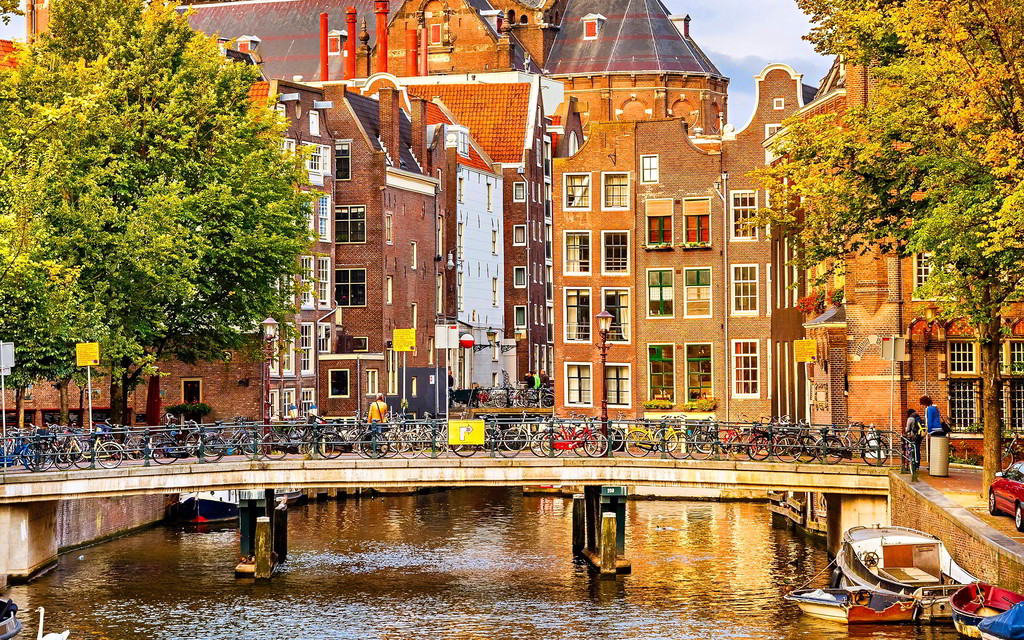
It has the highest population density in Europe (493 inhabitants per square km - water excluded) and if that is not surprisingly enough, the Dutch are the tallest people in the world. This with an average height of 1. 84 cm for men and 1. 70 cm for women. The Netherlands which literally means “lower countries” is not the same as another popular name used to refer informally the whole of the country, namely Holland. This is just a comprehensive name of the western coastal region of the Netherlands, comprising Amsterdam, Rotterdam, Haarlem, Leiden and The Hague.
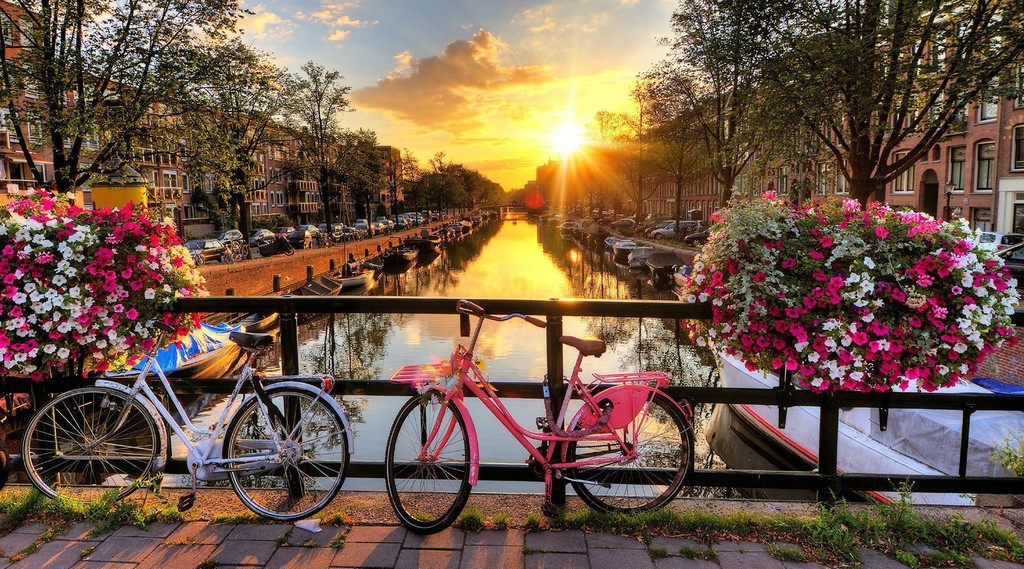
This country in the northwest of Europe is one the biggest distributors of drugs in Europe. Last month, Europol and the European Monitoring Center for Drugs and Drug Addiction published a study stating that the Netherlands is the biggest production hub of drugs in Europe. Cannabis and 'magic mushrooms' are "legal". The Dutch Ministry of Justice applies a Gedoogbeleid (tolerance policy) with regard to the category of soft drugs: an official set of guidelines telling public prosecutors under which circumstances offenders should not be prosecuted. In other words, soft drugs are illegal but due to the policy of non-enforcement you are allowed to own and use it.
Flood control is an important issue for the Netherlands, as about two thirds of its area is vulnerable to flooding. Most of the areas below sea level are man made. Natural sand dunes and constructed dikes, dams, and floodgates provide defense storm surges from the sea.
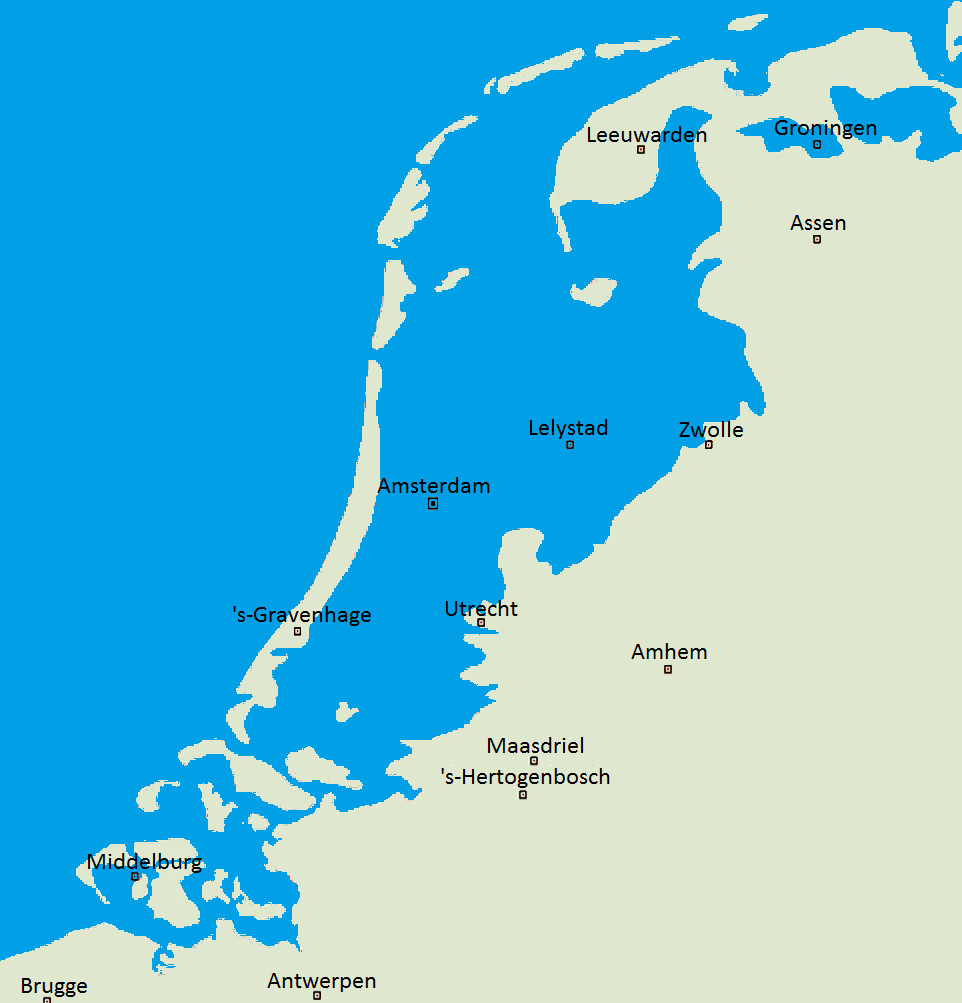
Proudly being the first in the world to legalize same-sex marriages (including adoption) in 2001. This set a huge example for many other countries. After this law was implemented many other countries worldwide followed.
On top of all this, prostitution is legal in the Netherlands. Prostitutes however have to be at least 18, and clients must be at least 16 years old. Amsterdam is known for its Red Light District. This part is actually the oldest neighborhood in the city. If you ever visit it, don't forget that taking photos is prohibited.
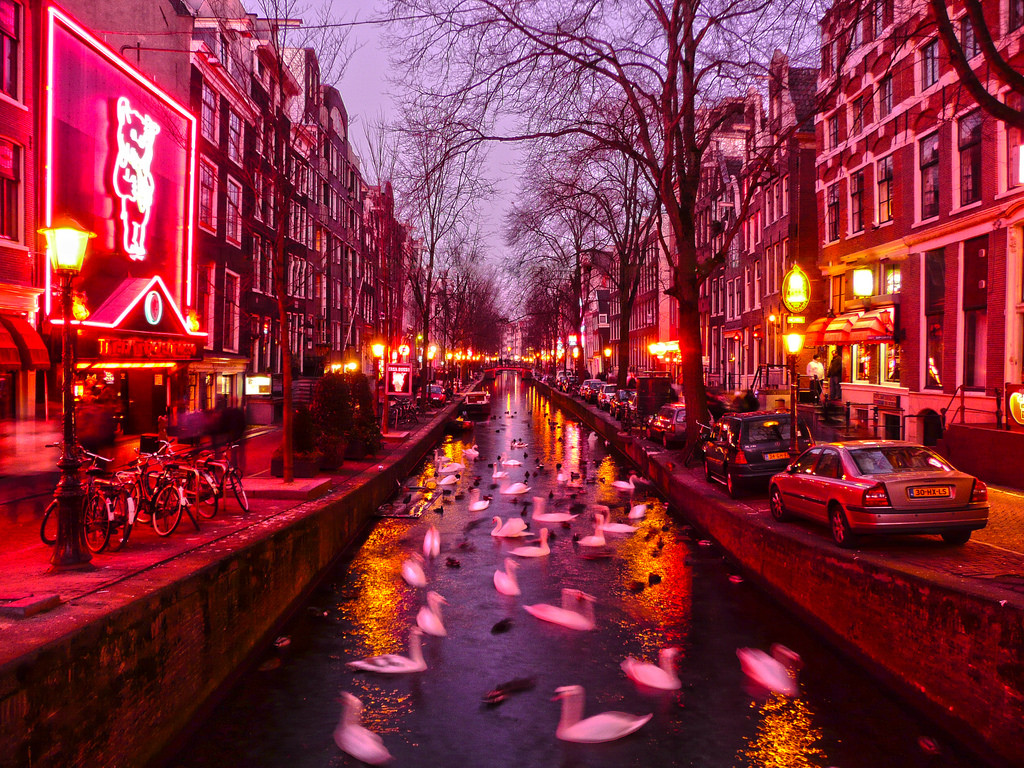
Historically speaking the Dutch have discovered big parts of the world. Did you know that New York started as a Dutch colony called New Amsterdam? That the Dutch were the first Europeans that discovered Australia (called New Holland) and New Zealand in the 17th century? Or that they commercially introduced tea in Europe in 1610?
The Dutch have the lowest incidence of lactose intolerance of any country, this is not very surprising knowing that they have been producing cheese ever since 400 AD. This immensely famous aliment is known and loved all over the world. The Dutch eat about 13. 5 kg of cheese per year. Gouda is the most popular cheese in the Netherlands, it is one of the oldest recorded cheeses in the world still made today: the first mention of Gouda cheese dates from 1184. Gouda is not named after the city of Gouda because it was produced there, but because it has historically been traded there. If you fancy visiting Gouda to experience the cheese market you could go on Tuesday morning between 10:00am and 12:30pm.
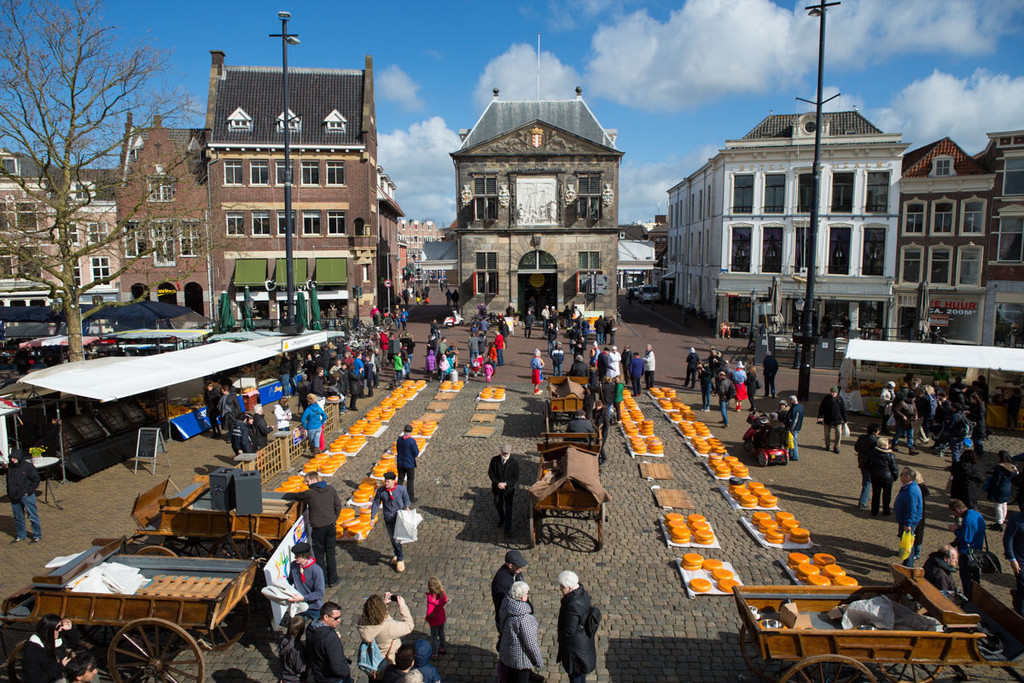
Some other interesting facts that you probably weren't aware of:
- It was one of the six founding members of the European Union.
- Abortion on demand at any point between conception and viability has been legal since 1981.
- Gin was invented in the Netherlands under the name of Jenever. It was first sold as a medicine in the late 16th century.
- The Dutch national anthem, Wilhelmus, is the oldest in the world. It was written and first used from 1568, although it was only officially adopted in 1932. The national flag of the Netherlands dates from 1572 and is also the oldest tricolor flag.
- The Schiphol Airport (Amsterdam) is actually 4. 5 m below sea level.
- 75% of the world's flower bulb production comes from Netherlands.
- 86% of the population speak English as a second language.
- Rotterdam is the second largest port in the world (largest in Europe).
- It is the bicycle capital of the world with more than 18 million in the country. That's more than 1 bicycle per person.
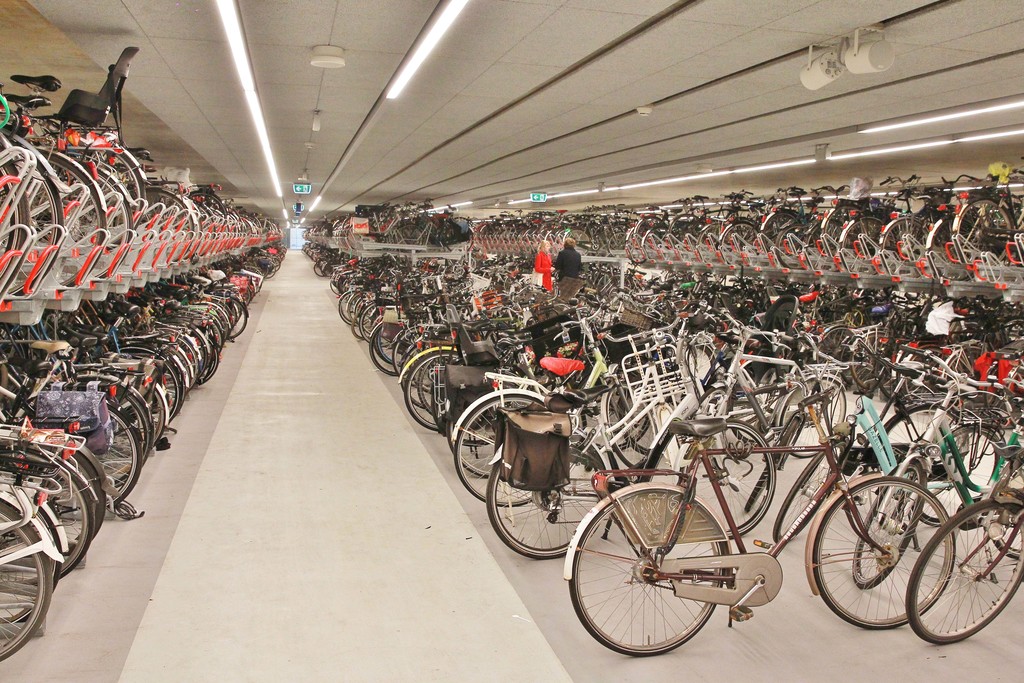
There are many English words that find their origins in the Dutch language. As languages, English and Dutch are both West Germanic, and descend further back from the common ancestor language Proto-Germanic. Their relationship however, has been obscured by the lexical influence of Old Norse as a consequence of Viking expansion from the 9th till the 11th century, and Norman French, as a consequence of the Norman conquest of England in 1066. Because of their close common relationship - in addition to the large Latin and French vocabulary both languages possess - many English words are essentially identical to their Dutch lexical counterparts, either in spelling (plant, begin, fruit) or pronunciation (pool = pole, boek = book, diep = deep), or both (offer, hard, lip) or as false friends (ramp= disaster, roof = robbery, mop = joke).
Boss: comes from the word baas and has the same meaning.
Cookie: is based on the Dutch word koekje, which is sometimes written as koekie.
Landscape: from the 16th century Dutch landschap (land+schip).
Slurp: from slurpen.
Puss: from early 16th century Dutch poes or Low German puus (pet name for cat), but probably much older than the record, because present in many Indo-European languages.
Dollar: from Dutch coin (Rijks)daalde.
Photo gallery
Content available in other languages
Want to have your own Erasmus blog?
If you are experiencing living abroad, you're an avid traveller or want to promote the city where you live... create your own blog and share your adventures!
I want to create my Erasmus blog! →
















Comments (0 comments)